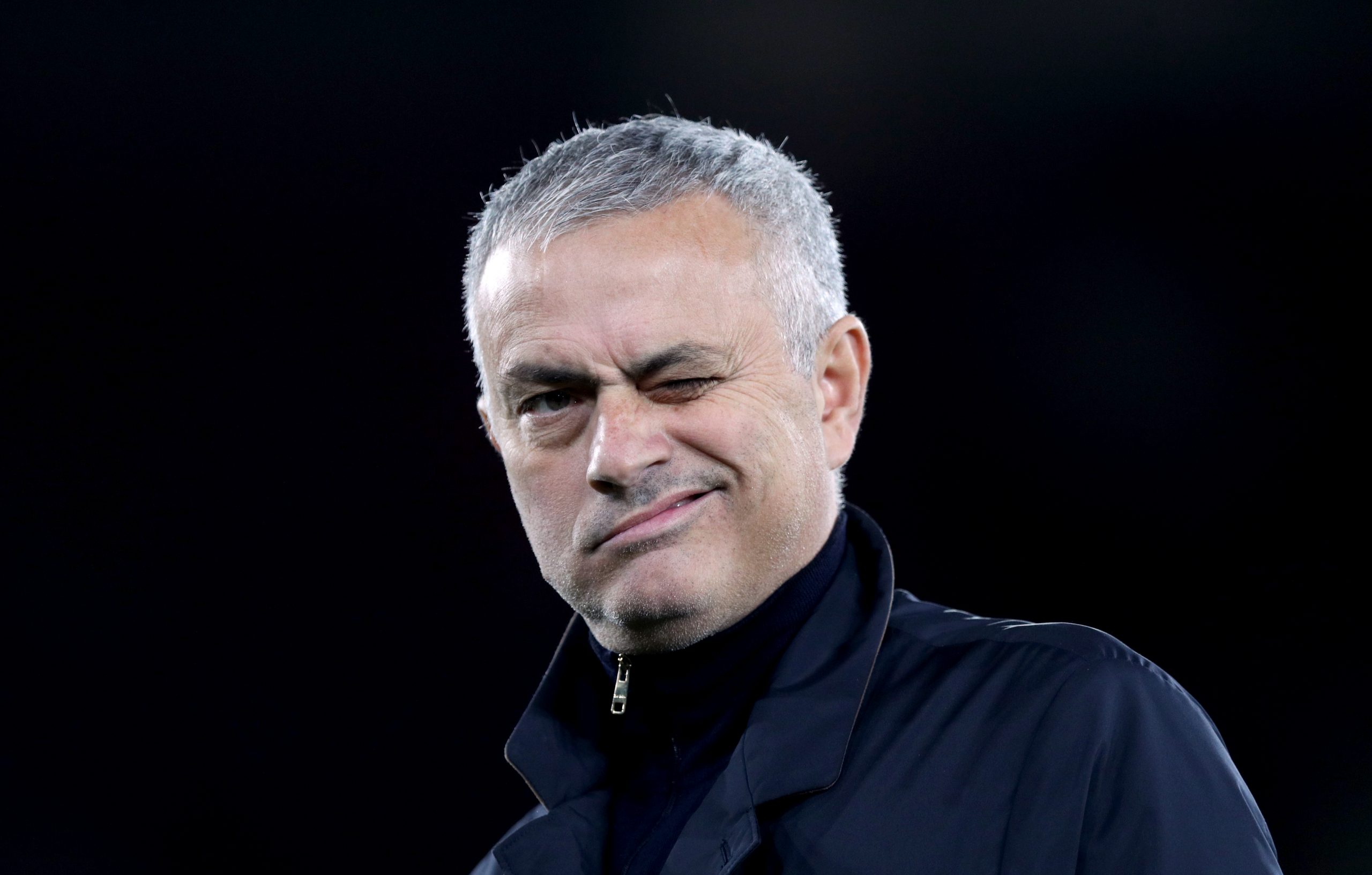Jose Mourinho, as you may have heard, is no longer the manager of Manchester United. The team has been good and fun, albeit against bad teams, without him. This has occasioned a great deal of hand-wringing about players somehow letting their manager down. The theory seems to be that the manager would still have a job if all of his players had just performed much better, which is a truism that applies to basically every firing. That necessarily also means the manager failed to get the most out of his players. Oh, what a conundrum!
Faced with this interpretive impasse, there’s often an inclination to shrug the whole thing off as fundamentally unresolveable — football’s version of “which came first: the chicken or the egg?” or the maxim that you can never truly know what’s going on in someone else’s marriage. Football journalists are wont to Gotta Hear Both Sides the situation, simultaneously tsk-tsking about managerial competence and player power.
Such posturing fundamentally misrepresents the roles of the various parties involved. This is not a complicated issue: It is the manager’s job to get the most out of their players.
Football, for some reason, makes people forget everything they know about workplaces. Maybe it’s all the 000s at the end of sums. In any other context, it’s not news that fulfilling your obligations to your employer and giving it your all are not the same thing. This is why working to rule — doing exactly what your contract demands and nothing more — is a common organized labor pressure tactic. The job of a manager is to get more output from employees. This entails putting people in positions where they can succeed and motivating them. Getting more out of workers, whether in an office building or on the football pitch, is how managers justify their employment.
The language of football obfuscates this dynamic. Commentators regularly — and embarrassingly — talk about players “giving 110 percent,” as if the baseline performance is 100 percent — giving your all, giving 100 percent. Nonsense. If we must put percentages on this, which we really mustn’t, the baseline is somewhere in the 80s. Players will basically do their jobs in a variety of situations. That is sometimes enough to win, but clubs understandably value a manager who can get more out of players.
We tend not to talk about motivation in stats-land. It’s not easily quantifiable. Player talent and tactical choices tend to win out over people skills, so that’s what gets most of the attention. But motivation is a part of tactics. If you want your players to track back or run their hearts out or subsume themselves to some greater goal, you need to convince them to actually do those things. Motivation therefore tends to gets absorbed into the vague category we think of “tactics.” That doesn’t make it any less real.
Curiously, the notion that motivation is the manager’s responsibility was never contested when Mourinho was successful. At Inter, he was lauded for talking strikers into fulfilling other roles. He talked Samuel Eto’o — Samuel Eto’o!!! — into being a winger. At Real Madrid, before everything went south, he turned Ángel di María into a two-way winger and talked Mesut Ozil into tracking back, at least for 60 minutes a match. Mourinho didn’t invent the deep block or tracking back or eschewing possession; his real innovation was getting 21st century superstars to go along with those ideas. Leaving aside the question of whether such tactics remain wise, elite clubs hired Mourinho because he, unlike one-and-done Manchester United manager David Moyes, could get stars to go along with these schemes. At the point where he could no longer deliver that, of course he was fired.
This, inescapably, is where we have to talk about ‘player power.’ The term has no clear definition and seems to have come to refer to any act of player agency that the interlocutor dislikes. (It also seems to come up a lot more about non-white players exercising the slightest semblance of agency.) Of course players have power! They’re the ones who actually have to do things on the pitch. They are rare talents. They are expensive investments who only peak for a few years. Of course clubs wish to get the most out of these investments, which gives the players a certain amount of sway. If clubs think a player is the real problem, they can sell them. That, however, is rare because clubs exist to get the most out of players and managers are just a means to that end. (During previous Mourinho meltdowns, clubs have done just this to no real effect.) The existence of ‘player power,’ whatever that means, does not lessen Mourinho’s responsibility for motivating his players.
Ole Gunnar Solskjær, Manchester United’s interim manager, has the distinct advantage of not being a miserable dick. That is not nothing. Manchester United has spent heavily on Paul Pogba, Romelu Lukaku and Anthony Martial and is counting on Marcus Rashford to extend the mystique of its academy. The club, as should have been obvious to Jose Mourinho and everyone else, wants a manager who gets those players to perform well and want to stay at the club. Getting along with a talented squad isn’t enough to win a title, but it’s enough to improve on Mourinho’s final season, a season which produced numbers closer to mid-table Leicester than a top-6 side. At this early date, there’s no sign that Solskjær has the tactical ideas needed to defeat a Jurgen Klopp or Pep Guardiola side. The changes at Old Trafford are nevertheless a reminder of one of football’s eternal truths: It’s the manager’s job to motivate players.
